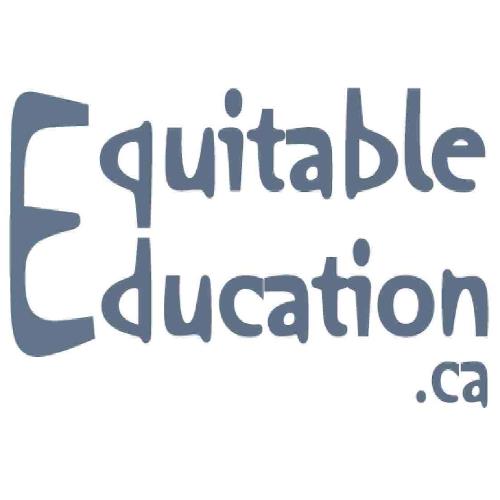Notes from Matt Hern’s talk, “Possibility in the face of probability”, on Nov 10 at the Unschooling Oppression conference (Ottawa 2007)
Matt Hern: Hope is a Participatory Exercise
by Greg Macdougall, Nov 11 2007
originally published on Ottawa Indymedia: http://ottawa.indymedia.org/en/2007/11/6161.shtml
Matt started his talk with a bit of history of schooling as supplied by the state, going back to 600BC, Plato, and more, but saying that the idea of state-supplied schooling really got going in the enlightenment (16th-17th century). it was France’s Napoleon led militarily-run schools that impressed Prussia, who got their schooling going and turned it into a successful economy, and from there it came to America etc etc.. the point was that the type of schooling we have now, that we consider natural, is only a recent and, in Matt’s opinion, transitory phenomenon
So, the big question is, why is schooling mandatory?
The answer being, unofficially, because of it’s benefit to the nation-state .. but ‘officially’ because of the idea that there is this ‘necessary knowledge’ that we need to get into our kids, or else, in order for them to grow up right
An institutional arrogance comes from this educative stance that there is this ‘necessary knowledge’ that needs to be taught
Undermine this canon of necessary knowledge, and you begin to question the mandatory-ness of state-run schooling
He mentioned he has no specific beef with schools, just like he has no specific beef with libraries, but if he was forced to be at the library at a certain time, and stay until a certain time, and stay in a specific section, etc etc well then things are a bit different
It is an exercise in institutional power … that affects all people in the system: the students, the teachers, the administration, the trustees … they are all a) powerless, b) have power acted upon them, and c) are replaceable … the power is in the position, not in the person
So, we need to start asking some questions, like, what if the project of education is something else beyond the ‘banking method’ (as described by Friere)? what if it is more complex?
.. and what if we start talking specifically about the kids we know, the kids in our lives …
The big question that needs to be considered is, What is needed for kids to thrive? .. nobody knows what kids need to grow up right, especially not some centralized state .. it depends on a whole ton of things
The compulsory, state-run schooling as it is now, lays the groundwork for the current globalization / colonialism to happen .. it creates good (aka obedient) citizens
The solution to that is ‘localization’ (as described by Marcos) – creating counter-institutions / a different way of living – beginning to create a different world … this is about self-reliance and self-determination in a community context … and must be linked to other struggles for self-determination, otherwise it becomes yet another luxury for the most privileged people on the planet
Cornel West was cited as saying there is a huge difference between optimism and hope, as hope is a participatory exercise (and optimism doesn’t make any sense given our current conditions)
Questions addressed the fact that the state-run school system is in fact our institution and so we should take our power back and fight for our children’s rights … also there was mention of the networks that exist and can be created in our communities (such as those for home-schooling) … and whether we really want a locally-determined education, contrary to Dewey who wanted to remove the situatedness of people’s knowledge
Matt also addressed the question of talking about The Purple Thistle, a project he is involved with, by saying he doesn’t want to provide a model, given that there’s all this energy out there that can figure out it’s own solutions and projects … but did add that Purple Thistle was created around youth’s perceptions of when they were at their best, which basically was when they were engaged in creating
 Interdependent media & in-person learning opportunities for those who are inspired to be part of movements for social justice.
Interdependent media & in-person learning opportunities for those who are inspired to be part of movements for social justice.
Latest comments